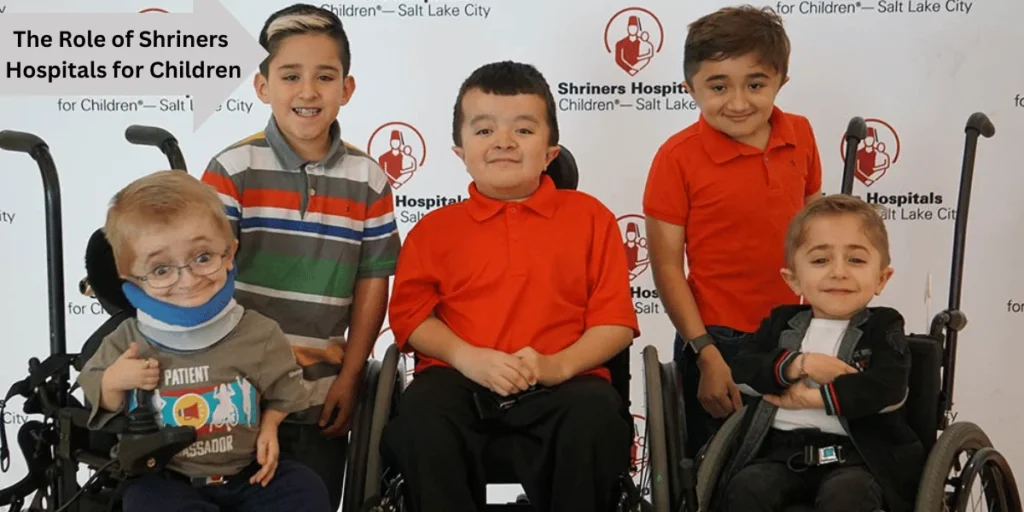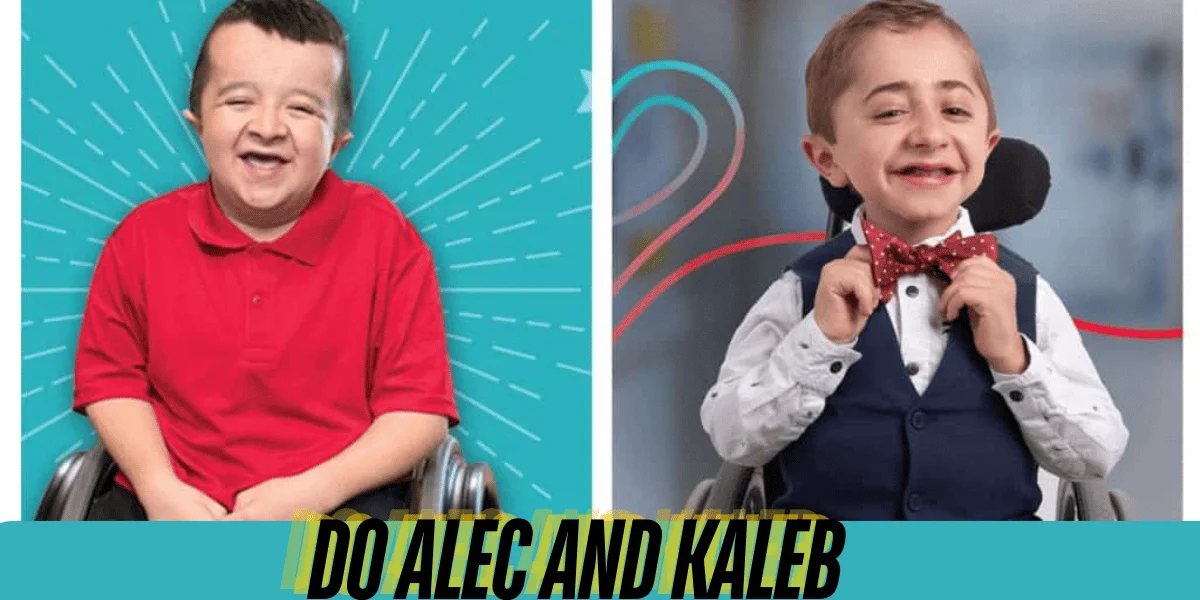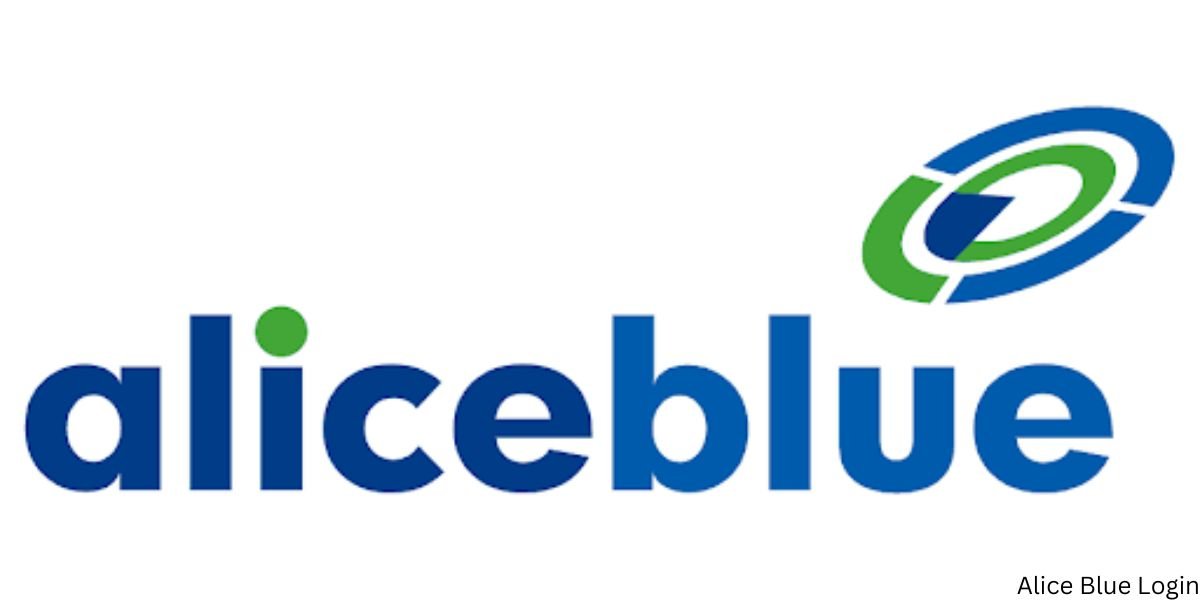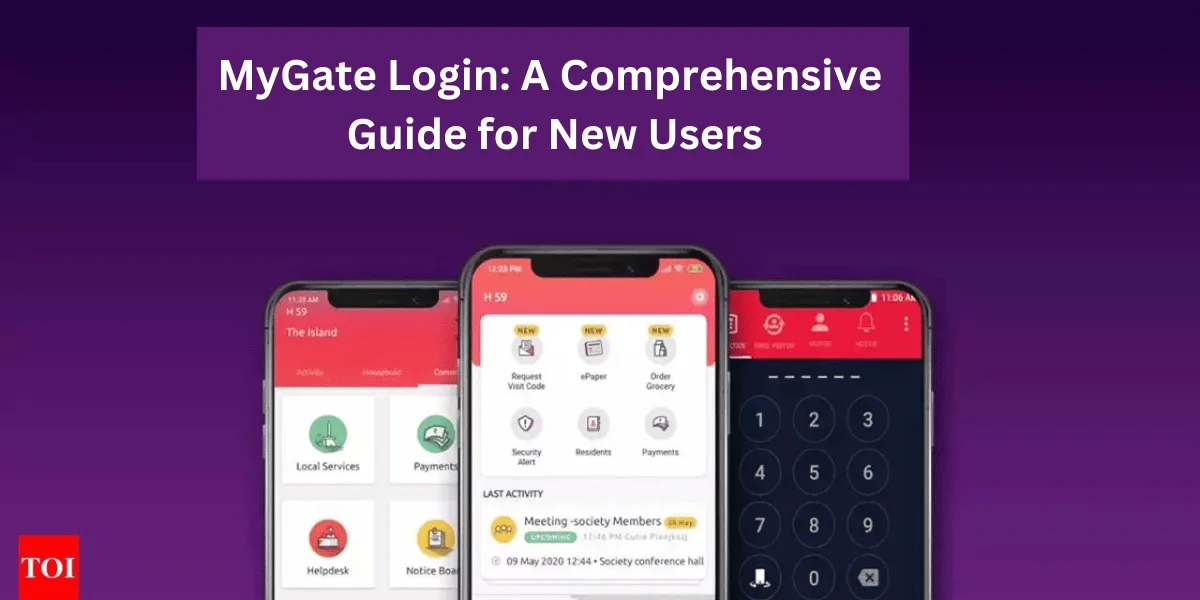Do Alec and Kaleb Get Paid for Commercials? Here’s What You Need to Know
In recent years, Alec and Kaleb have become household names, thanks to their endearing appearances in commercials. Their charm and authenticity have captured the hearts of millions, raising the question: Do Alec and Kaleb get paid for commercials?
This comprehensive article delves into the background of Alec and Kaleb, their roles in commercials, the compensation they might receive, and the broader implications of their commercial success.
Also read: 76ers vs Brooklyn Nets Match Player Stats | Lakers vs Timberwolves Match Player Stats | 0800 761 3372 | 127.0.0.1:57573: A Comprehensive Guide
Who Are Alec and Kaleb?
Before exploring the topic of compensation, it’s essential to understand who Alec and Kaleb are and why they’ve become so popular. Alec Cabacungan and Kaleb-Wolf De Melo Torres are young boys who have starred in commercials for Shriners Hospitals for Children.
These commercials have gained widespread attention, not just for the boys’ charismatic presence, but also for the important cause they represent.
Alec Cabacungan
Alec Cabacungan was born with osteogenesis imperfecta, also known as brittle bone disease. Despite his condition, Alec has become an advocate for Shriners Hospitals for Children, appearing in numerous commercials and public appearances to raise awareness about the hospital’s mission. Alec’s personality, humor, and resilience have made him a beloved figure, inspiring many with his story.
Kaleb-Wolf De Melo Torres
Kaleb-Wolf De Melo Torres, like Alec, was born with osteogenesis imperfecta. His appearances in Shriners Hospitals for Children commercials have also made him a recognizable face. Kaleb’s sweet demeanor and infectious smile have touched the hearts of many, furthering the reach of the hospital’s message and mission.
Do Alec and Kaleb Get Paid for Commercials?
The question on many people’s minds is, “Do Alec and Kaleb get paid for commercials?” Understanding how compensation works for child stars, especially those involved in charitable causes, is a complex issue.
Legal Considerations for Child Actors
In the entertainment industry, child actors are typically compensated for their work, with strict regulations governing how they are paid.
The Coogan Law, named after Jackie Coogan, a child actor in the 1920s, was established to protect the earnings of child actors. Under this law, a portion of a child actor’s earnings must be set aside in a protected account until they reach adulthood.
However, Alec and Kaleb’s situation is unique because they are not typical child actors. Their roles in the commercials are not for-profit but are tied to a charitable organization, Shriners Hospitals for Children. This distinction raises questions about whether standard industry practices apply.
Do Alec and Kaleb Receive Compensation?
While the exact details of Alec and Kaleb’s compensation for their work in Shriners Hospitals for Children commercials have not been publicly disclosed, it is essential to consider the context of their involvement.
The primary goal of these commercials is to raise awareness and funds for the hospital’s mission of providing specialized medical care to children, regardless of their families’ ability to pay.
Given this context, it’s possible that Alec and Kaleb are compensated in ways that differ from traditional child actors. They may receive some form of payment or financial support, but the focus of their participation is likely on supporting the cause rather than personal financial gain
Additionally, their families may receive support or assistance from Shriners Hospitals for Children in other ways, such as medical care, educational opportunities, or other benefits related to their health and well-being.
Also read: Pittsburgh Pirates vs Toronto Blue Jays Match Player Stats | Atlanta Hawks vs Knicks Match Player Stats | Convatec From: 416400 to: 416419
Ethical Considerations
The ethical considerations surrounding whether Alec and Kaleb get paid for commercials are significant. On one hand, Alec and Kaleb’s work in these commercials plays a crucial role in raising funds and awareness for Shriners Hospitals for Children, potentially helping thousands of other children in need. On the other hand, there’s the question of whether these young advocates should be financially compensated for their contributions, given the time, energy, and emotional labor involved in their work.
Some argue that Alec and Kaleb should be compensated fairly, as their work directly contributes to the success of the hospital’s fundraising efforts. Others believe that their participation is a form of advocacy, and the focus should remain on the charitable mission rather than financial compensation.
The Impact of Alec and Kaleb’s Commercials
Regardless of whether Alec and Kaleb get paid for commercials, there is no denying the significant impact their commercials have had. These commercials have become synonymous with Shriners Hospitals for Children, helping to raise millions of dollars for the hospital’s operations and expanding its reach to a broader audience.
Raising Awareness
One of the primary goals of the commercials featuring Alec and Kaleb is to raise awareness about the services provided by Shriners Hospitals for Children. The hospital network specializes in pediatric care, including orthopedics, burn care, spinal cord injury rehabilitation, and cleft lip and palate repair, among other services. By sharing their personal stories, Alec and Kaleb help viewers understand the importance of the hospital’s work and the impact it has on children’s lives.
Inspiring Donations
The commercials also play a crucial role in inspiring donations. Seeing Alec and Kaleb’s stories and the challenges they’ve overcome often motivates viewers to contribute financially to the hospital. These donations are vital to ensuring that Shriners Hospitals for Children can continue providing high-quality medical care to children, regardless of their financial situation.
Changing Perceptions
Beyond fundraising, the commercials featuring Alec and Kaleb have helped change perceptions about children with disabilities. By sharing their stories and showing their resilience, Alec and Kaleb have helped break down stereotypes and promote a more inclusive understanding of what it means to live with a disability. Their visibility and advocacy have made a meaningful difference in how society views children with disabilities and the opportunities available to them.
The Role of Shriners Hospitals for Children

Shriners Hospitals for Children, the organization behind the commercials featuring Alec and Kaleb, is a network of 22 non-profit medical facilities across North America.
The hospitals provide specialized care for children with orthopedic conditions, burns, spinal cord injuries, and cleft lip and palate, among other complex medical needs.
Mission and Vision
The mission of Shriners Hospitals for Children is to provide the highest quality care to children with neuro-musculoskeletal conditions, burn injuries, and other special healthcare needs within a compassionate, family-centered, and collaborative care environment.
The hospitals are committed to conducting research to discover new knowledge that improves the quality of care and quality of life of children and families.
Funding and Support
Shriners Hospitals for Children operates primarily on donations and fundraising efforts. The commercials featuring Alec and Kaleb are a significant part of these efforts, as they reach a broad audience and inspire people to contribute to the cause. These donations help cover the costs of medical care, research, and education, ensuring that the hospital network can continue its mission.
Also read: Utah Jazz vs Timberwolves Match Player Stats | Los Angeles Angels vs Cincinnati Reds Match Player Stats | Timberwolves vs Portland Trail Blazers Match Player Stats
Why Alec and Kaleb’s Stories Matter
Alec and Kaleb’s stories resonate with people because they are relatable, genuine, and inspiring. Their presence in the commercials provides a face to the hospital’s mission, making it more personal and impactful. When people see Alec and Kaleb on their screens, they see more than just two young boys; they see hope, resilience, and the importance of access to quality healthcare for all children.
The Broader Implications of Alec and Kaleb’s Commercials
The success of the commercials featuring Alec and Kaleb raises important questions about the role of child advocates in charitable work, the ethics of compensation, and the power of media to influence public perception and behavior.
The Power of Personal Stories
The popularity of Alec and Kaleb’s commercials highlights the power of personal stories in charitable work. These stories connect with viewers on an emotional level, making them more likely to engage with the cause and contribute financially.
This approach has proven to be highly effective in fundraising, not just for Shriners Hospitals for Children, but for many other charitable organizations as well.
The Ethics of Child Advocacy
The involvement of children in advocacy and charitable work, especially when it comes to commercial efforts, raises ethical questions about how they should be treated and compensated.
As more organizations recognize the impact of child advocates, there will likely be increased scrutiny on how these children are compensated and supported, both financially and emotionally.
The Influence of Media on Public Perception
The success of Alec and Kaleb’s commercials also underscores the influence of media on public perception. These commercials have not only helped raise funds but have also played a role in changing how society views children with disabilities. As media continues to shape public opinion, the stories told through commercials and other platforms will have a lasting impact on social attitudes and behaviors.
Conclusion: Do Alec and Kaleb Get Paid for Commercials?
So, do Alec and Kaleb get paid for commercials? The answer is not straightforward, as their involvement is tied to a charitable cause rather than a for-profit venture.
While they may receive some form of compensation or support, the primary focus of their work appears to be advocacy and raising awareness for Shriners Hospitals for Children.
Alec and Kaleb’s impact through these commercials is undeniable. Their stories have inspired millions, raised essential funds for a vital cause, and contributed to a broader understanding of the challenges faced by children with disabilities.
Whether or not they receive traditional compensation, Alec and Kaleb’s contributions to Shriners Hospitals for Children and the lives of countless children are invaluable.



